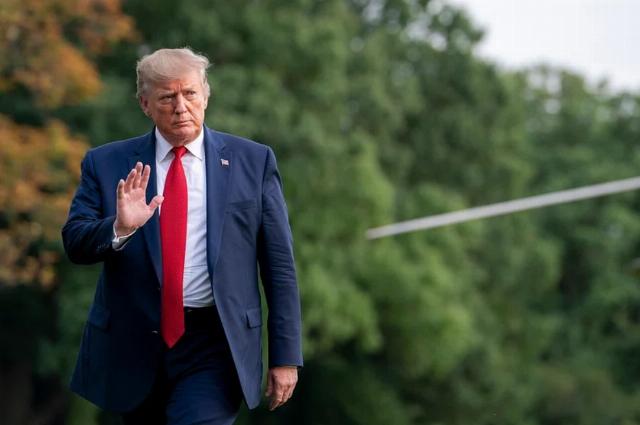The Real Takeaway from Trump’s Middle East Trip
President Trump’s recent trip to the Middle East was groundbreaking on many levels: economic, diplomatic, and strategic. In each of the countries he visited, he was greeted warmly by all the highest-ranking officials. He lined up billions in economic agreements with Saudi Arabia, Qatar, and the United Arab Emirates.
However, Trump didn’t travel all that way for photo ops. Although the economic agreements are important, his boldest move was meeting with the new Syrian president Ahmed al-Sharaa and the agreement to lift the heavy sanctions that have been in place for decades.
With this deft move, Trump rearranged the chess pieces in the Middle East. Iran is now alienated from all the countries that surround it. Plus both Russia and China can no longer use Syria as a base for intelligence operations.
It seems clear that the president had this mission in mind when he took office. He used his speeches on this trip to lay out his vision that the nations of the Middle East could join with the U.S. to bring both peace and prosperity to the region: “A new generation of leaders is transcending the ancient conflicts and tired divisions of the past, and forging a future where the Middle East is defined by commerce, not chaos; where it exports technology, not terrorism; and where people of different nations, religions, and creeds are building cities together — not bombing each other out of existence.”
Those ideas might sound familiar to you. They echo of the words of the Prophet Isaiah: “They will beat their swords into plowshares and their spears into pruning hooks. Nation will not take up sword against nation, nor will they train for war anymore” (Isa. 2:4).
Trump made clear that he is on a path to peace that is very different from those of his predecessors — of both parties. President Trump zeroed in on why the policies of those presidents failed: “This great transformation has not come from Western interventionists. … No, the gleaming marvels of Riyadh and Abu Dhabi were not created by the so-called ‘nation-builders,’ ‘neo-cons,’ or ‘liberal non-profits. … Instead, the birth of a modern Middle East has been brought about by the people of the region themselves … developing your own sovereign countries, pursuing your own unique visions, and charting your own destinies.”
And he offered a vision of a future: “After so many decades of conflict, finally it is within our grasp to reach the future that generations before us could only dream about — a land of peace, safety, harmony, opportunity, innovation, and achievement right here in the Middle East.”
Note that Trump expressed a profound respect for the traditions of the Middle East, whose civilizations predate ours by millennia. That is very different from the tone of his predecessors, who condescendingly tried to force and bribe them into mimicking our societal structures. Their policies were at once arrogant and passive-aggressive — and they failed completely.
The Arab nations reacted well to Trump. They view him as a strong leader who embodies the ancient Arab saying: “People follow the strong horse.” In contrast, they viewed Obama and Biden as weak, particularly in their obsequious and futile effort to dissuade Iran from developing nuclear weapons. And the Arabs view Trump’s approach as an improvement on the strutting bellicosity of both Bushes.
Trump explained how his approach was different: “In recent years, far too many American presidents have been afflicted with the notion that it’s our job to look into the souls of foreign leaders and use U.S. policy to dispense justice for their sins. … I believe it is God’s job to sit in judgment. My job [is] to defend America and to promote the fundamental interests of stability, prosperity, and peace.”
As I watched Trump’s speeches, I realized that he was using the negotiating strategy set out by his son-in-law Jared Kushner in Breaking History. “The way to find solutions is by engaging with one another – not by criticizing each other or virtue-signaling. If we try to understand the perspectives of others, and work to find common ground, and move beyond the stalemates of the past and forge a new path forward.” That is the theme that runs through each of Trump’s Mid-East speeches.
Will these efforts bring peace to that troubled region? We should certainly pray that happens, because such violence and destruction are contrary to the will of God, who told us, “My people will live in peaceful communities, secure homes, and tranquil places of rest” (Isa. 32:18). As it is written, so let it be done.
Pat Nolan served as the minority leader of the California state Assembly in the ’80s and founded the Nolan Center for Justice at the CPAC Foundation.

Image via Raw Pixel.




